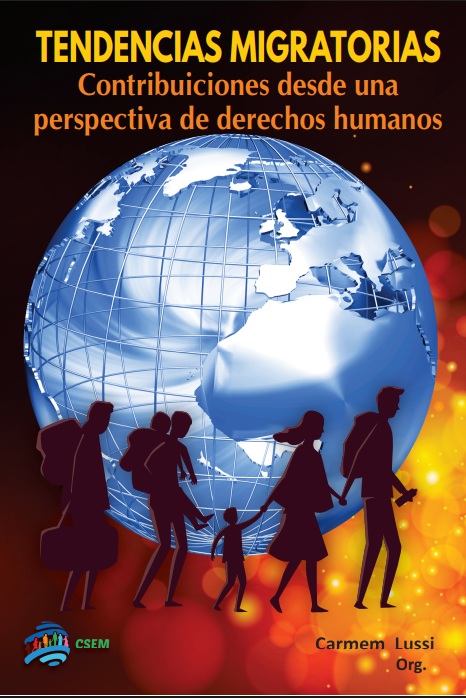Contemporary human mobility, in its different forms, is a complex and dynamic phenomenon. Its study involves not only a multiplicity of disciplines, multi-scalar synchronic and diachronic approaches, heterogeneous subjects, diverse socio-cultural contexts and multi-causal phenomena, but also different epistemological perspectives, often conditioned by the interests at stake.
Undoubtedly, there is a hegemonic narrative about current human displacements that is deeply influenced by "state thinking" (Sayad, 1998), "methodological nationalism" (Wimmer, Glick Schiller, 2002) and even "colonial Eurocentrism", which, through the imposition of analytical categories, tends to homogenize the migrant population and naturalize their subordinacy to the "autochthonous" ones. This narrative is not neutral and has an impact not only on migration policies, which are increasingly securitarian and restrictive, but also on public opinion, fostering the growth of a xenophobic and racist ethos, with inevitable impacts on the people on the move.

